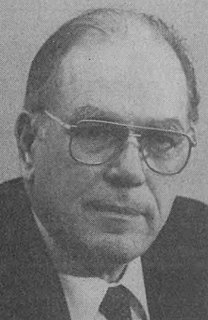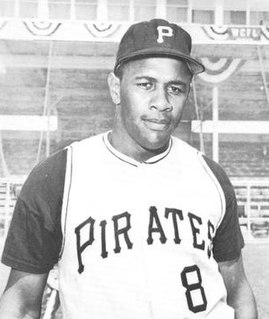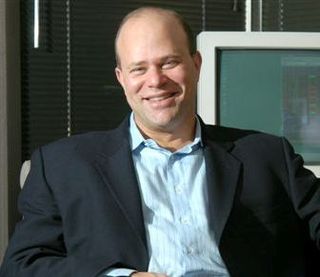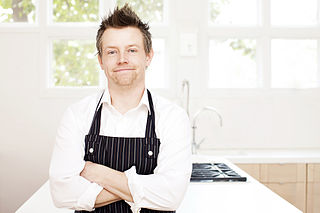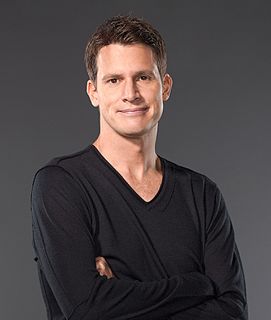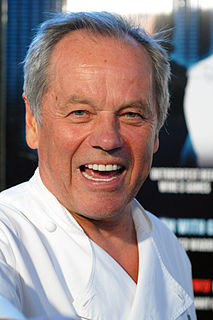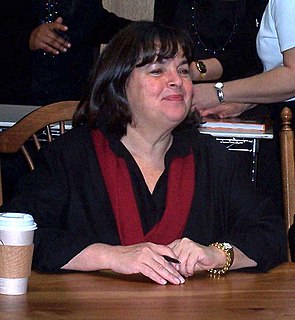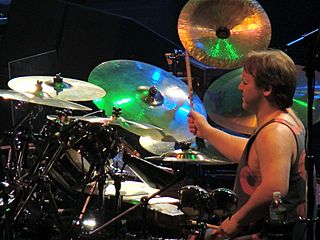A Quote by Lyndon LaRouche
We don't want people working in fast-food stands. We want them back in the steel mills.
Related Quotes
Really the only motivation is through deliciousness; cooking great food that people want to eat again. I want them all to achieve what they all want to do, and I ask then all what they want to do in 5 years. I don't care what the answer is, I can help them all get there as long as they tell me what they want.
Most people tell you they want to get out of kindergarten, but don't believe them. Don't believe them! All they want you to do is to mend their broken toys. "Give me back my wife. Give me back my job. Give me back my money. Give me back my reputation, my success." This is what they want; they want their toys replaced. That's all. Even the best psychologist will tell you that, that people don't really want to be cured. What they want is relief; a cure is painful.
I think there are two ways of eating, or cooking. One is restaurant food and one is home food. I believe that people have started making food that is easy that you want to eat at home. When you go out to a restaurant, you want to be challenged, you want to taste something new, you want to be excited. But when you eat at home, you want something that's delicious and comforting. I've always liked that kind of food - and frankly, that's also what I want to eat when I go out to restaurants, but maybe that's me.
Of course people are angry. Generation upon generation had jobs at steel mills or whatever - things were going on and it looked like it would always be that way. And then there's these cataclysmic changes and people find themselves out on their arse and they're angry and they want answers. But one thing that's for sure is that those answers will not come in the form of Donald J. Trump.
If there's a group like Amish people, that want to live their own lifestyle – they don't want to live in our city – they want to live out in the country, with their own projects. We’ll put up the buildings for them, design the buildings for them, design the food production systems for them – if they want us to. But we don’t control them.
By 1975 - and continuing to today - all Americans came to believe that they had a "right" to a safe, clean, healthy environment. When I grew up, no one seriously criticized the steel mills and paper mills for the deadly stench they produced - that was the smell of prosperity. In the modern society, no one would tolerate such conditions in an American city.
